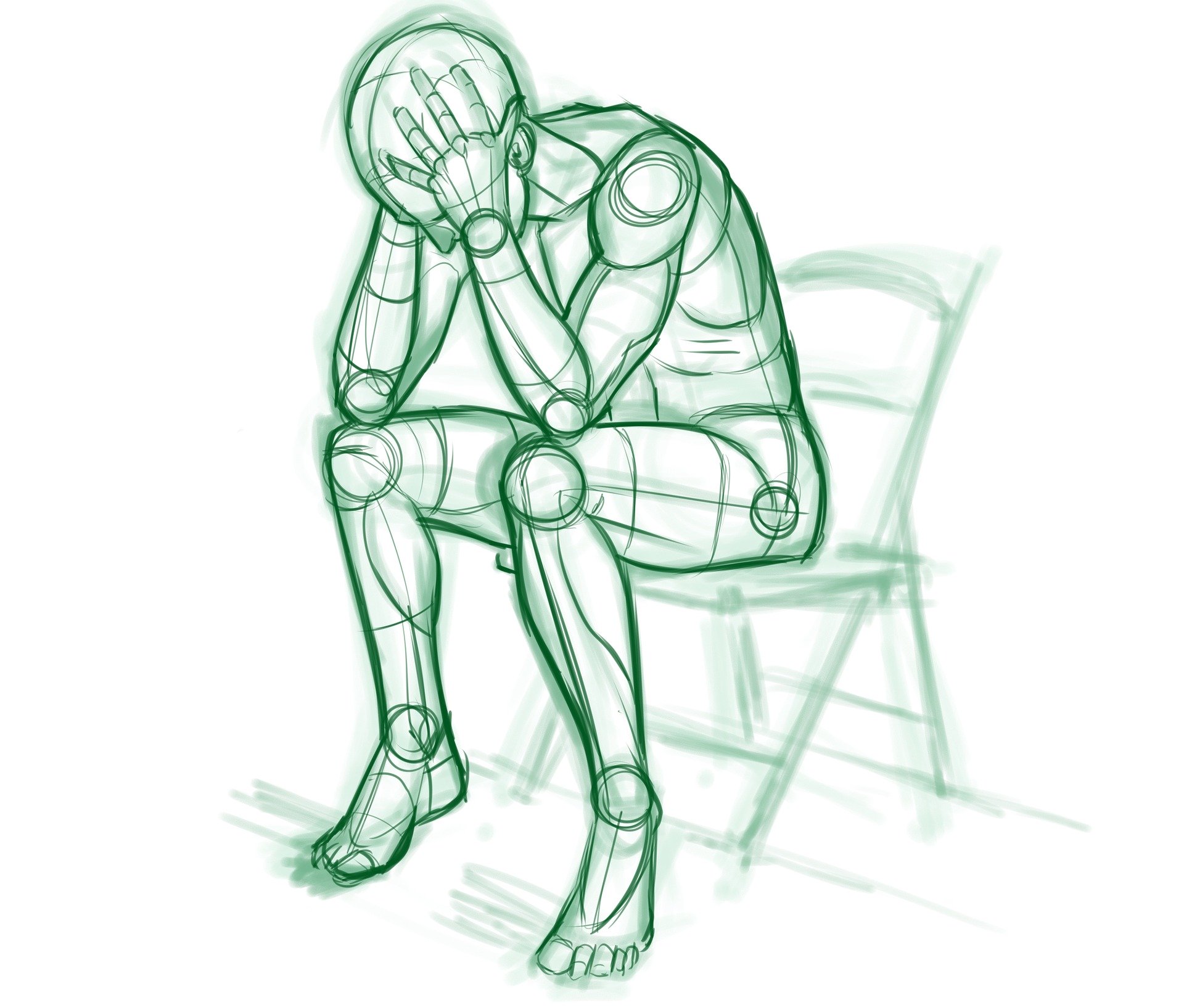We know that in a time of growing distractions and frustrations, How to be Happy in uncertainties is a million-dollar question that everyone is looking for the answer.
Did you know that you have gargantuan power to lower your stress levels, improve your level of happiness, and be more resilient in the face of difficulty?
Let go of worries, fears, and frustrations!
Discover the simple techniques to help experience deeper joy, Cheerful Contentment, and Unshakeable Confidence.
Train your brain to be happier and more content

First, you’ll need to quickly move past the obstacles to true happiness — like how to defuse a harmful “mind wandering” habit that can lead to a spiral of despair.
Next, you’ll discover 4 powerful principles that can work wonders on your personal happiness. These steps have been shown to help improve your physical health, too!
- Get into the happiness “flow”, happy zone where you’re completely engaged and absorbed, where time flies happily by, and where toxic thoughts are banished from your mind. Cultivate happy flow and transform “have to” tasks into “want to” pleasures.
- Identify and build on your personal happiness-boosting inner strengths and make them even stronger. These eye-opening strategies can help you feel more energetic and perform better. In fact, a recent study showed that people who identified their key strength and used it in a new way each week significantly increased happiness and reduced depression.
- Magnify the happiness impact of gratitude. Embrace powerful gratitude secrets to help you better deal with adversity and build strong relationships with friends and family. You’ll be able to develop an attitude of gratitude about your past and present plus a spirit of unbridled optimism for your future.
- Enhance your ability to recognize and celebrate the simple pleasures in your day as they occur, plus how to shape abundant pleasures in your future!
Armed with these practical strategies, you’ll be able to choose happiness and inner strength and say “NO” to habits that can drag you down.
Source: Harvard Health publishing
